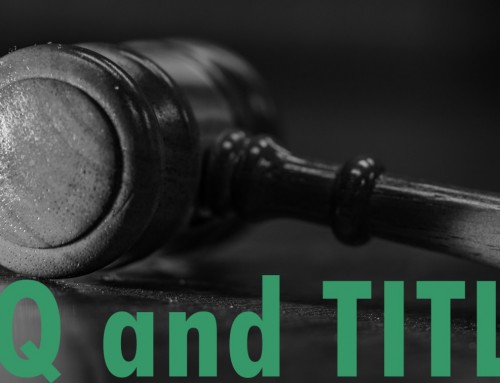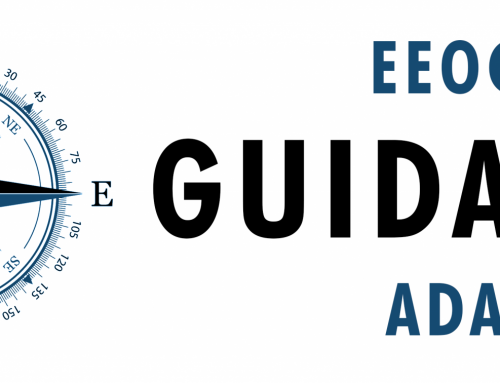Phyllis Randall, the chair of the Loudon County Board of Supervisors, created the “Chair Phyllis J. Randall Facebook Page” to have an open source for interaction between herself and the Loudon community. This page was designated as a “governmental official” page, and Randall specifically called for input from “ANY Loudon citizen on ANY issues, request, criticism, complement or just
After establishing that Davison had standing to bring suit, the Court ruled that Randall acted under color of state law in violation of Section 1983 because Randall’s status and authority as a public official enabled her to execute an action in a manner that private citizens never could have. Randall’s ban of Davison amounted to an effort to suppress speech critical of board members’ conduct of their official duties or fitness for public office. This further reinforced that the ban was taken under color of state law and, thus, improper.
The Court next analyzed whether the Facebook page was a public forum. Although neither the Supreme Court nor any Circuit has addressed the issue of whether a governmental social media page is a public forum, there were aspects of Randall’s page that are commonly found in public forums: it was intentionally opened to public comment and discourse, no restrictions were placed on the public’s access to the page, it was interactive, and it was compatible with “expressive activity.” Usually, upon concluding the page is a public forum, the Court would then determine whether it was traditional or limited. But, under these facts, Randall’s ban amounted to viewpoint discrimination, which is prohibited in all forums. As the 4th Circuit concluded: the Facebook page constituted a public forum, and Randall engaged in unconstitutional viewpoint discrimination when she banned Davison’s page from that forum.
If a public official seeks to ban, block, or otherwise permanently prevent a constituent from participating in an otherwise publicly available social media page, he or she should be reminded that this action is, in all likelihood, a First Amendment violation.
Prepared by the offices of Richard Abernathy, this article should not be construed as legal advice related to any specific facts or circumstances. Although this article covers legal subjects, it is intended to educate readers and not to provide advice that will be the basis for action or inaction in any specific circumstance. Viewing these materials does not create an attorney-client relationship between Abernathy, Roeder, Boyd & Hullett, P.C. and the reader or the reader’s institution. For circumstance-specific legal advice, please directly contact a licensed attorney.







Leave A Comment